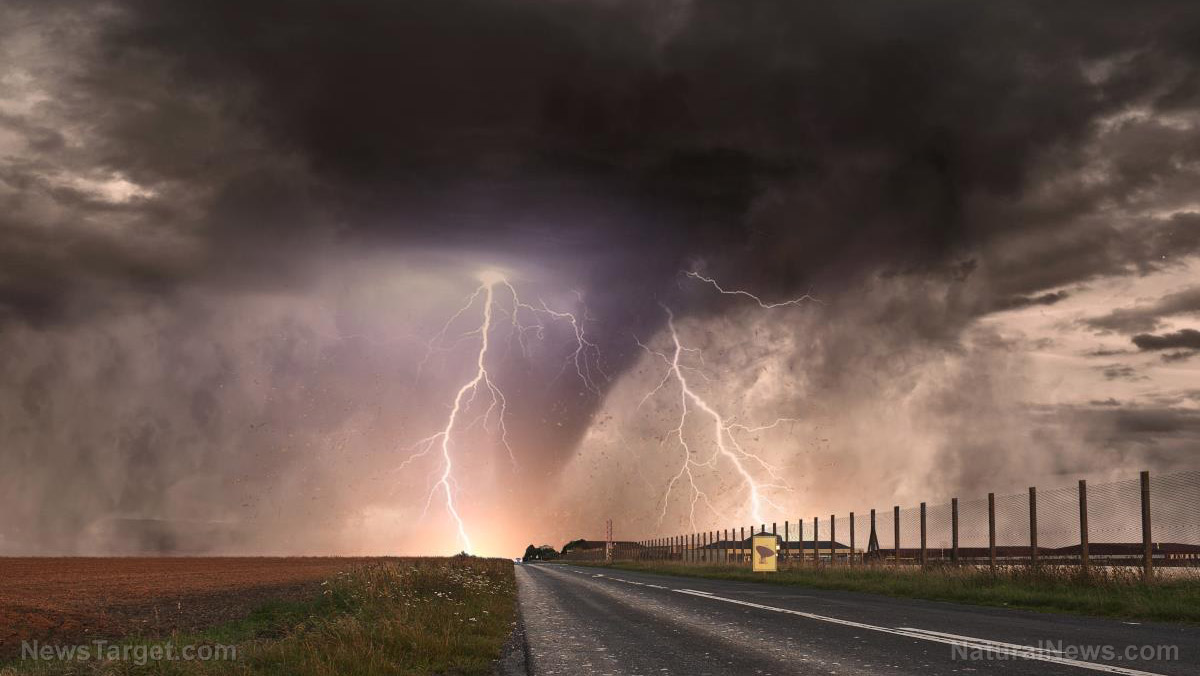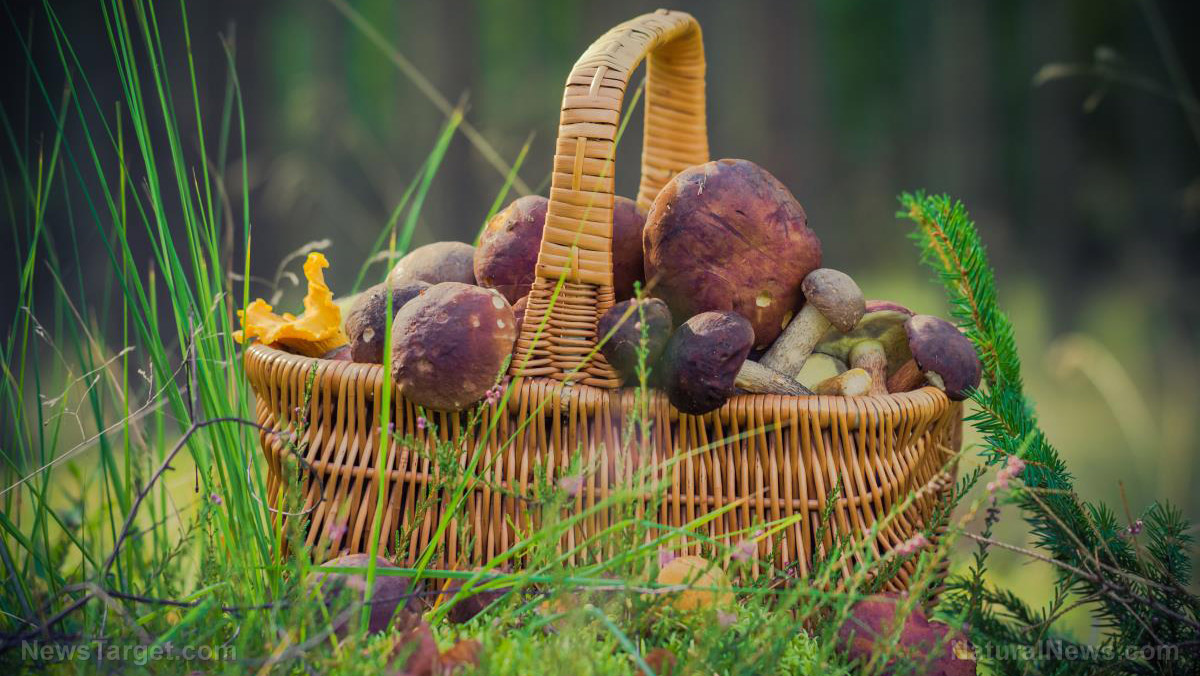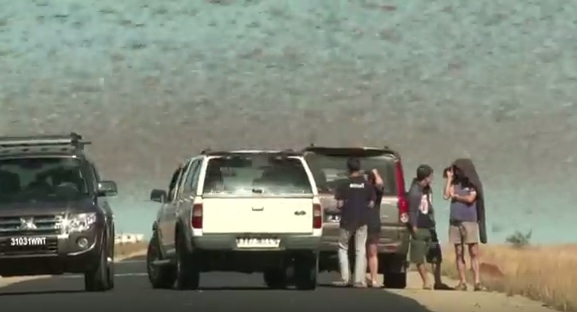 Parler
Parler Gab
Gab
Why weather knowledge is key to survival
Weather pervades every aspect of prepping. First, disasters are typically inseparable from weather conditions. Hurricanes, blizzards, dry spells and even volcanic eruptions are all within the purview of weather. You will realize, therefore, how reliant you are on whether forecasters when preparing for disasters. Knowledge of the weather informs – what you're going to wear, stockpile and put in your bug-out bag. It also helps you decide whether to bug in or bug out. You might be living in the pathway of a Category 5 hurricane, so the best course of action is to leave the premises and seek shelter somewhere. One of the things you probably do before going out is to check the weather. If there's an 80 percent chance of rain, you'll likely bring an umbrella and wear a parka. In a survival scenario, you'll also need to check the weather to anticipate potential problems and gear up as appropriate to the situation. What you choose to plant in your backyard garden is also determined by the climate and seasons. If you're heading into the winter, common sense will tell you that planting a summer vegetable is not going to survive very long. Because a farming season's success depends largely on the climate, many farmers are well-acquainted with weather patterns and may even be able to forecast rain based only on environmental cues. That's an indispensable skill for all preppers and homesteaders. (Related: Homestead must-haves: 4 Off-grid amenities for your property.) Therefore, weather forecasting is just as important as knowing how to purify water or dispose of waste properly. It helps you plan better and prepare for disaster.Basic weather forecasting
The following tips can help you be more adept at forecasting weather:Look for signs in nature
Animals are one of the best weather forecasters. Attuned to a subtle drop in humidity or to darkening skies, they usually sense whether something catastrophic is about to take place. To make a weather forecaster out of yourself, you can consider animals as your teacher. Cattle, for instance, tend to graze with their rear ends pointed toward the wind. Expect good weather when their tails point west and expect bad weather when their tails point east. Meanwhile, cats suddenly become more friendly while turtles start to move places a day or three before a heavy rain. Trees too can be good indicators of bad weather. Tamarinds, for instance, turn their leaves out to the wind prior to rain.Check the bubbles in your coffee
A cup of coffee can tell you if rain is underway as high pressure, an indicator of good weather, pushes the bubbles in a cup of coffee to the edge. To check today's weather, pour coffee into a mug and watch the bubbles form. If they stay in the middle of the mug, expect dark clouds and heavy rain.Use your body
Your body can also tell you when it’s going to rain. Many people with joint diseases, bad teeth, recently healed broken bones, and corns and bunions report feeling more as the atmospheric pressure drops. Sinus and facial pain caused by changes in the atmospheric pressure can also indicate that precipitation is coming. Prepping entails adequate knowledge of the climate and weather. Consider these tips when checking for the probability of rain. Sources include: UrbanSurvival.com TheWeatherPrediction.com ThePrepperJournal.comThe end of meat? Dutch “green” policies force dairy farmer to cull 95% of his herd
By Ethan Huff // Share
Food supply 101: How to grow edible mushrooms in your home garden
By Zoey Sky // Share
Home gardening tips: How to grow and harvest radishes
By Zoey Sky // Share
California’s untilled fields set to double amid water crisis in the state
By Ramon Tomey // Share
Giant swarms of locusts ravage over 80% of crops and livestock feed in region of Russia
By Belle Carter // Share
Governments continue to obscure COVID-19 vaccine data amid rising concerns over excess deaths
By patricklewis // Share
Tech giant Microsoft backs EXTINCTION with its support of carbon capture programs
By ramontomeydw // Share
Germany to resume arms exports to Israel despite repeated ceasefire violations
By isabelle // Share










